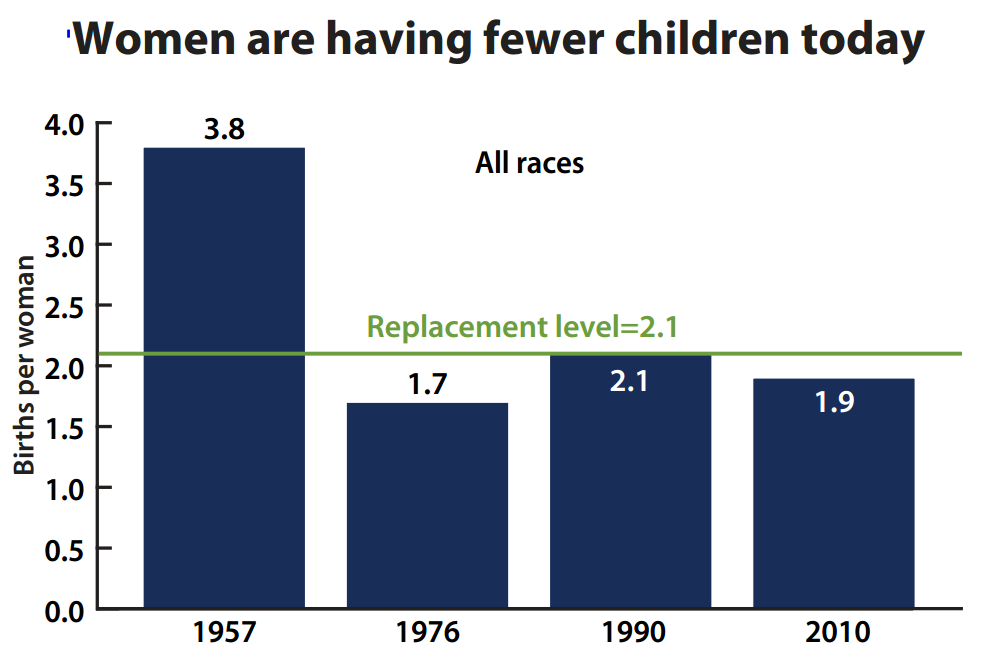Hamlet, while accurate from an
Elizabethan social category standpoint, is not acceptable from a modern
feminist perspective, specifically in how the male females treat the female
characters. The two main female roles, Ophelia and Gertrude, are given
ambiguous roles and interpretations, Ophelia especially. There is much debate
about whether either of them, or both of them, can be considered ‘feminist’.
However, how the males in the play – Hamlet, Claudius, Laertes and Polonius –
act towards them is unmistakable.
Ophelia, daughter of Polonius,
sister of Laertes, and significant other of Hamlet, is controlled by all of
them men in her life. Her few instances of free choice are to choose which male
to listen to (when they all lecture her) and her choice to go mad and drown
herself. Both Polonius and Laertes do the very Elizabethan action of dissuading
her from all interactions with the outside world. She’s forbidden to be with
Hamlet, unless she’s being used as a ploy in one of Claudius and Polonius’s
plots. She can’t express herself, or her love, especially sexually (“From this
time, be somewhat scanter of your maiden presence” – Polonius, 1.2.121). When
she attempts to, or at least attempts to say no, she’s told to go to a either a
brothel or a convent by her supposed boyfriend (Get thee to a nunnery 3.1.114)
– in either place she’d be trapped with no freedom of expression. Ophelia, who
we assume has never had a mother/lost her mother early on, struggles with her
identity, and her men don’t make it any easier.
Gertrude struggles with similar
control issues and in many instances with her son, who she should attempt to
exhibit some control over. She is mocked by Hamlet for remarrying so quickly,
and never gives him any sort of explanation why (that we know of) in his highly
quoted “Frailty, thy name is woman,” rant. She also lets him tell her she’s too
old to have emotion and feel love, and just like Ophelia, have her sex life
controlled. I, for one, know my mother would never put up with such disrespect
from my brother had he actd like Hamlet.
In addition to her son’s mistreatment,
her new husband, Claudius isn’t much better. He acts very dismissive of her,
until his half-hearted attempt to stop her from drinking poison, even though
she has been his key to the throne. She dies alone, after cheering on her son.
Both Ophelia and Gertrude
experience tragic deaths, both because of Hamlet who they loved dearly. Ophelia
was driven mad and to suicide by Hamlet’s madness and his mad act of killing
her father, while Gertrude was poisoned by Hamlet’s success. Hamlet might have accomplished
his goal of avenging his father, but he destroyed the rest of his family along
the way.
Cia♀,
Charlie





